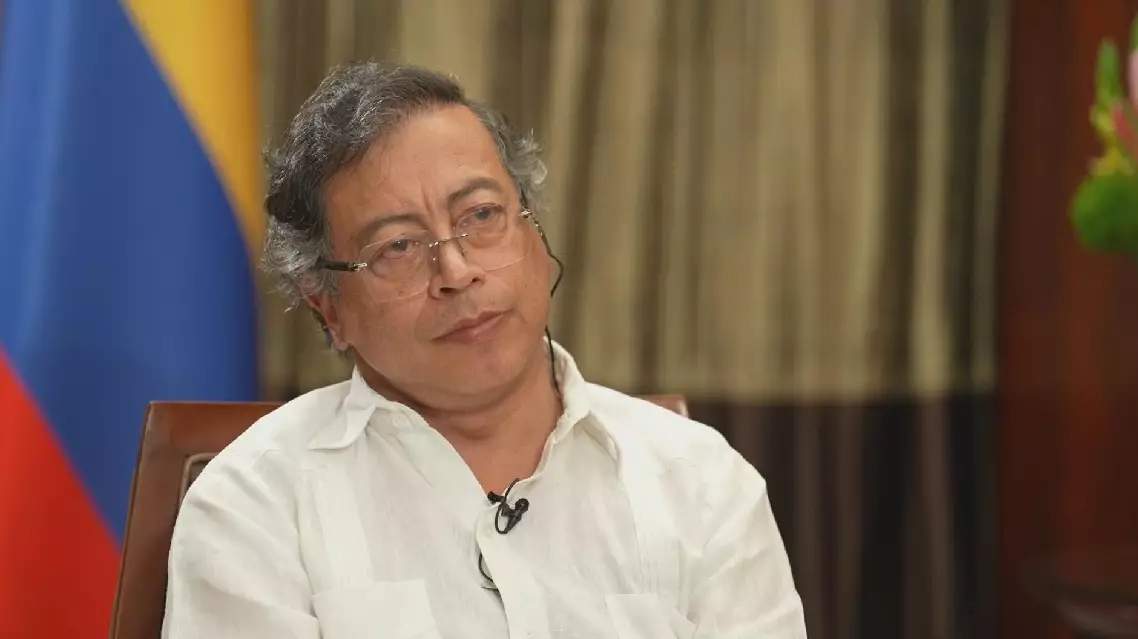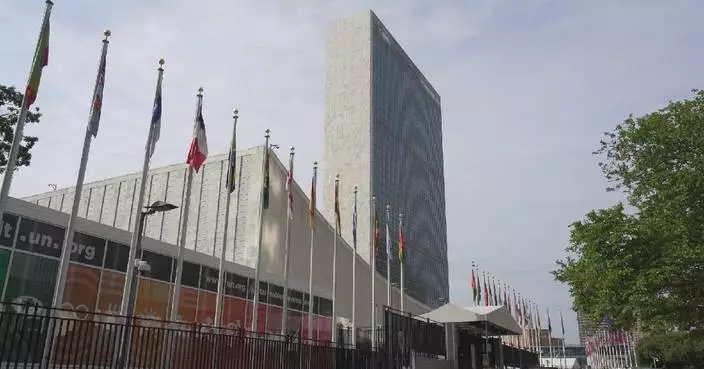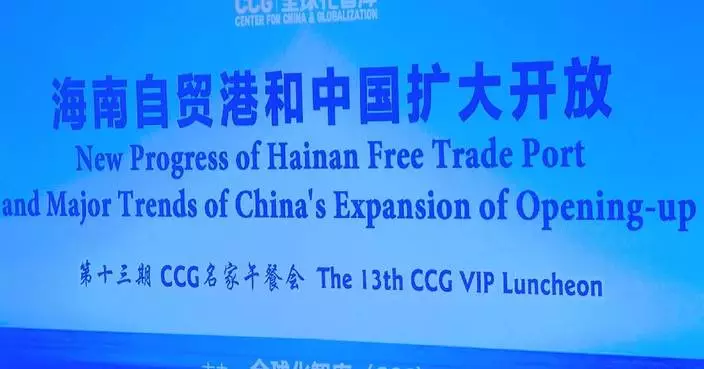A member of the Syrian National Coordination Committee, a coalition established in 2011 by several left-wing Syrian parties, stated on Monday that Syria should not abandon agreements with Russia that serve the country's interests, according to Russian media reports.
The Russian news agency RIA Novosti quoted Ahmed Al-Asrawi, a member of the committee's executive office and head of foreign relations department, emphasizing the importance of maintaining agreements with Russia that align with Syria's own interests.
Meanwhile, Russian officials are in touch with representatives of various parties in Syria, according to Russia's official TASS news agency citing a source in the Kremlin on Sunday.
The source said the Syrian militant groups have guaranteed security of Russian military bases and diplomatic missions on the Syrian territory.
In a stunning turn of events on Sunday, militant forces in Syria seized the capital Damascus and declared the end of rule of Bashar al-Assad, following a rapid offensive that saw major Syrian cities falling like dominos within less than two weeks.

Syrian politician advocates upholding certain agreements with Russia
The China-CELAC (Community of Latin American and Caribbean States) Forum is expected to bring new vitality to the global development and human civilization, said Colombian President Gustavo Petro in Beijing.
Petro, who delivered a keynote speech at the opening ceremony of the fourth ministerial meeting of the China-CELAC Forum on Wednesday, told China Media Group (CMG) in an interview, while giving a special mention of the importance of the forum as a platform to reshape multilateralism.
"This Forum, held here in China, comes at a pivotal moment in history. And that's precisely what makes it so significant. It is taking place at a time when multilateralism is in urgent need of reshaping. There are some powers who believe they can rule the world through intimidation and shows of force. But with China and Latin American and Caribbean (LAC) countries standing together, we must make them understand: history is full of hard lessons. Those who once flexed their military might did not prevail. They may have enjoyed momentary success in the past, but this time, history will not repeat itself," he said.
This year marks the 10th anniversary of the China-CELAC Forum's operation.
Chinese President Xi Jinping stated in his speech delivered at the opening ceremony of the fourth ministerial meeting of the China-CELAC Forum that under the careful cultivation of both sides over the past 10 years, the China-CELAC Forum has grown from a tender sapling into a towering tree.
Petro hailed the relations between China and LAC countries over the past decade, saying that the cooperation is expected to energize the global development and human civilization.
"Yes, exactly, a tree. A strong and thriving tree, with deep and well-developed roots firmly anchored in the earth. There's no doubt that over the past ten years, trade in physical goods between China and LAC countries has grown substantially. China is involved in building the Bogota metro project. China is also constructing a port in Peru, and many other large-scale infrastructure projects are being advanced through Chinese investment and engineering expertise. When we link the cultural and civilizational threads of China and LAC countries, it's as if we are nurturing a living tree, one that grows tall toward the sky and promises to bring new vitality to the human civilization," he said.

China-CELAC Forum brings new vitality to global development: Colombian president






















































